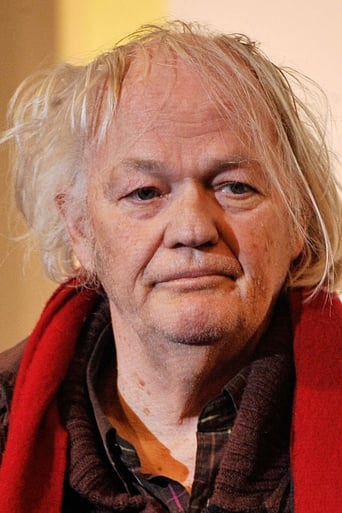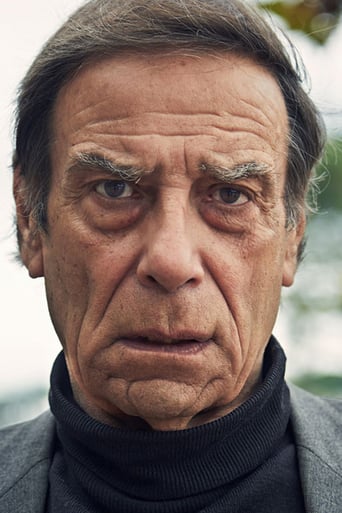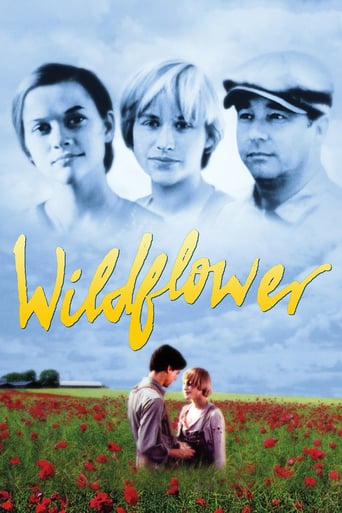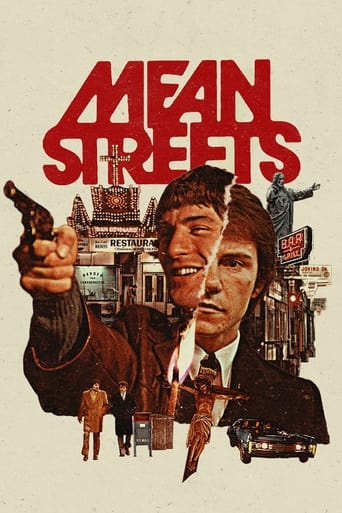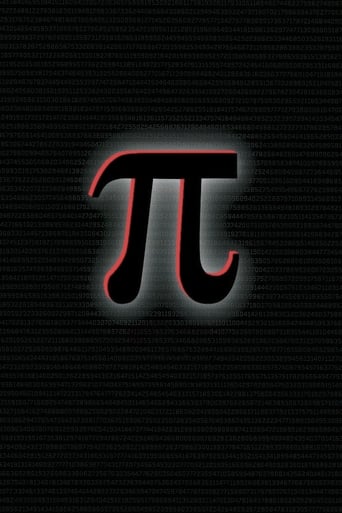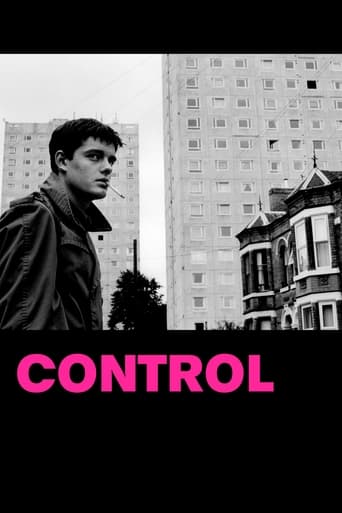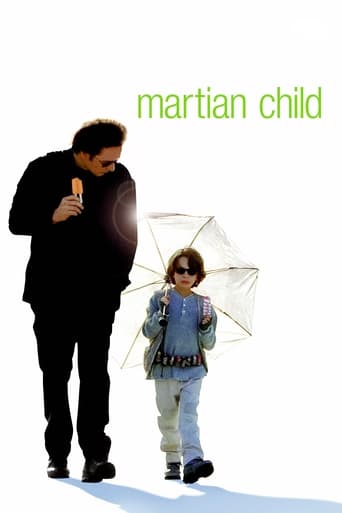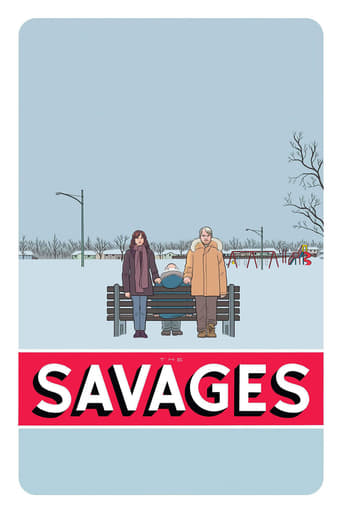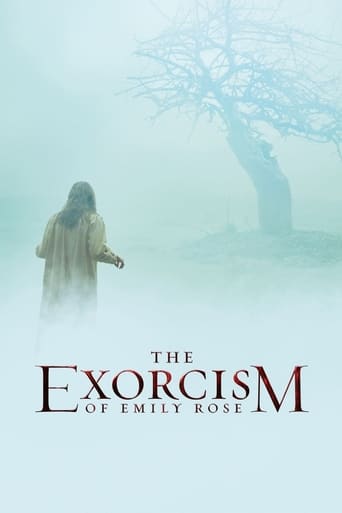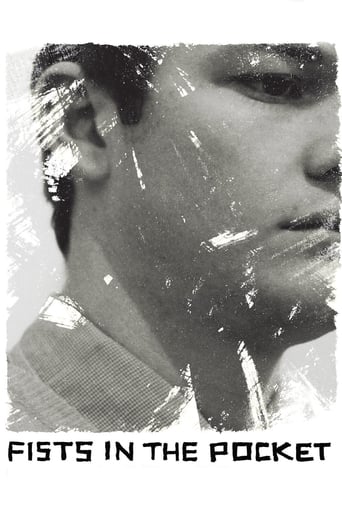
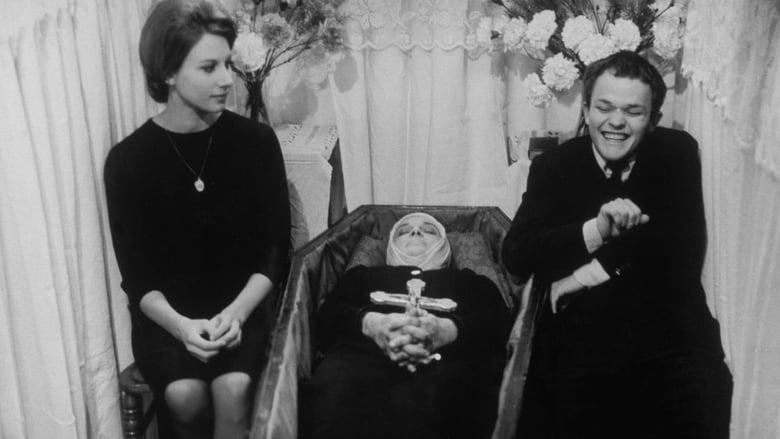
Fists in the Pocket (1968)
A deeply disturbed and epileptic young man benignly decides to murder other members of his dysfunctional family for altruistic reasons.
Watch Trailer
Cast


Similar titles
Reviews
You won't be disappointed!
Best movie ever!
This story has more twists and turns than a second-rate soap opera.
It's simply great fun, a winsome film and an occasionally over-the-top luxury fantasy that never flags.
The title had led me to anticipate gritty realist drama; but the Italian cinema had by 1965 largely lost interest in those at the bottom of life's heap, and this film - which seems intended to be an extremely black comedy - is instead set amidst a household still struggling precariously to maintain it's grip on its former secure status.Fifty years ago all this must have seemed bracingly anarchic; but sophisticated audiences at that time still laughed indulgently at the scene in which hulking Gaston Modot hilariously strikes a bourgeois woman in 'L'Age d'Or' for accidentally spilling a drink down him (Bunuel himself wasn't particularly impressed with 'Fists in the Pocket'); and what could then be acclaimed as non-conformity increasingly looks to modern politically correct sensibilities like bullying born of boredom (especially since the anti-hero Alessandro seems still to subsist at a social strata at which he's spared the far more tedious burden of having to work for a living).As played by the slightly built, baby-faced Lou Castel, Allessandro lacks the physically intimidating presence of, say, David Warner as 'Morgan!' that would make him seem like a bully; but he still reserves some of his most brutal treatment for those least able to defend themselves, like a blind woman and a mentally handicapped epileptic.
An epileptic young man in a bourgeois family who,as soon we meet them ,seems not only to be living in the past,but to be already dead :they only get out of the house to go to the cemetery;the blind wodowed mother has delegated her authority to her elder son ,a nice handome man who "takes care" of his siblings :a girl who seems in love with her brother -she does want to see the prostitute her brother sleeps with,as though she would like to be her(and thus his) just for a while -, a half-wit ,and Sandro who passes for a ne'er do well to his clever brother's eyes:he is denied everything ,all his attempts to get out of this mausoleum fail (taking his driving licence , raising rabbits )and his restrained hatred knows no bounds .He's really got a chip on his shoulder ,and he becomes almost fascistic : one has to get rid of the improductive population - like in Rosselini's " Germania Anno Zero "in which a schoolteacher ,feeling nostalgic for the Führer, urges a little boy to kill his bedridden father-He does not realize he is in a cul de sac ;his big brother did stay with them because of the mother ,but as soon as she dies ,he wants to get married and to live his life .Sexually repressed -he refuses to dance with a girl who invites him (and not the other way around) and can only have sex with a prostitute,life is a blind alley for Sandro ;as for his big brother,he cannot stand his licit happiness ,he feels the approval of the others ,of the society ,still cooped up in this petty life.As he is not able to get rid of this powerful man who accepts the golden rules,he sacrifices a substitute ,his kid brother.Bellochio 's movie should be seen as a fable ,a transparent metaphor ,not really realistic ,with elements of melodrama (the sister's fate);Sandro is sick ,but so are people around them even though they are not aware that their old world ,through a slow process but inexorably , is collapsing .Epilepsy is just an alibi."Il Pugni In Tasca" took a rebel stand against the family;but Marco Bellochio's fight had only just begun: " Nel Name Del Padre " denounced the Church;in "Marcia Trionfale",at a time the militay service still existed in Italy (and almost everywhere in Europa),the army was hauled over the coals.
My signature uses the words "God Awful Experience." This film with its unraveling psychosis is hard to watch, but it's principle character is simply necessary to draw out the sickness of all the participants. A young man, prone to epileptic seizures, is truly psychotic. He is bored and sees life as quite hopeless. In his nihilistic, existential angst, he has little trouble murdering his mother whom he sees as a nuisance, a distraction, and a pest. He wants some kind of autonomy. There is fratricide and incest and other horrible realities in this film. Killing seems somewhat easy, though hiding the act is not easy. The perpetrator is not able to achieve satisfaction. There is something pretty Freudian here (perhaps counter-Freudian). One strength is that while we have no idea what will happen next and there is no natural flow to this, we can't take our eyes off the movie. If you want something to challenge your senses, take a gander at this film.
This first effort by writer/director Marco Bellocchio has been called a drama by some, and a horror film by others. It is both. It is neither.It is a view of a dysfunctional family. I almost had the impression they cam from a long line of incest like The People Under the Stairs. One wants to get away, another has epilepsy, the mother is blind, one seems to be developmentally disabled, and the last, Giulia (Paola Pitagora)is really not classifiable, but she sure seems to spend a lot of time very close to her brother Ale (Lou Castel).Ale feels sorry for his older brother, Augusto (Marino Masé) and hatches a plan to drive the rest of the family, including himself off a cliff so his brother can get on with his life.His plan fails, so he starts doing them in one by one.Watching him is mesmerizing. You just have to see what he is going to try next. In the meantime, the family just acts as crazy as you would expect.Bellocchio went on to direct many more great films including A Leap in the Dark, The Prince of Homburg, and The Religion Hour. It is amazing his first was so good.


